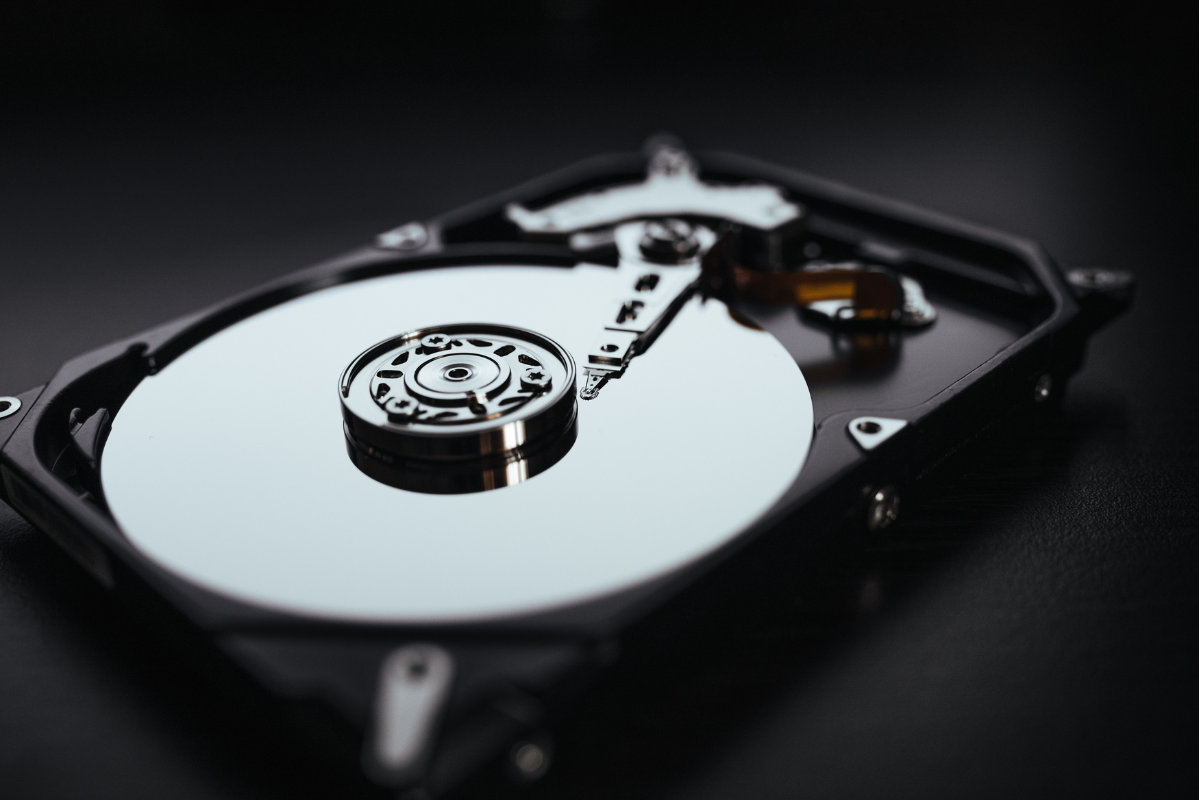
Hard drives provide a key supply of magnets in the end-of-life consumer electronics stream. | Lifestyle and Wedding ph/Shutterstock
A U.S. rare earth recycling technology firm recently announced it has expanded its capabilities to recycle magnets, including those sourced from end-of-life consumer electronics.
New York-headquartered Reemag was founded in 2022 and has been developing a proprietary process to take in rare earth neodymium-iron-boron magnets and convert them into usable feedstock for new magnet manufacturing. The process, which the company describes as “carbon-free,” takes magnets back into a powder state.
Reemag can handle magnets recovered from end-of-life electronics and production scrap, among other sources, according to the company’s website. And the company announced last month it had scaled its process up from being able to handle a single magnet up to handling a volume equivalent to 100 magnets.
“By efficiently recovering these critical minerals at scale, we’re actively contributing to the reduction of electronic waste and the conservation of valuable natural resources,” CEO Pini Althaus said in a statement.
Like other rare earth recycling stakeholders, the company has framed its domestic processing solution as one way of securing supply of the critical minerals and reducing reliance on the unstable Chinese supply route. China supplies the majority of the world’s rare earths and has a history of strategically controlling exports of the materials dating back to at least 2010.
“Rare earth magnets, crucial for technologies like electric vehicles, wind turbines, and consumer electronics, are mainly sourced from non-sustainable mining operations in China,” the company wrote. “This geographic bottleneck presents significant risks to supply chain stability and sustainability.”
Late last year, China increased restrictions on exports of some rare earth minerals to the U.S. Just this week, the country added restrictions on exports of certain critical minerals, although rare earths were not included in the new controls. Still, some e-scrap industry stakeholders anticipate rare earths could get caught up in the current round of back-and-forth trade controls between the U.S. and China.

